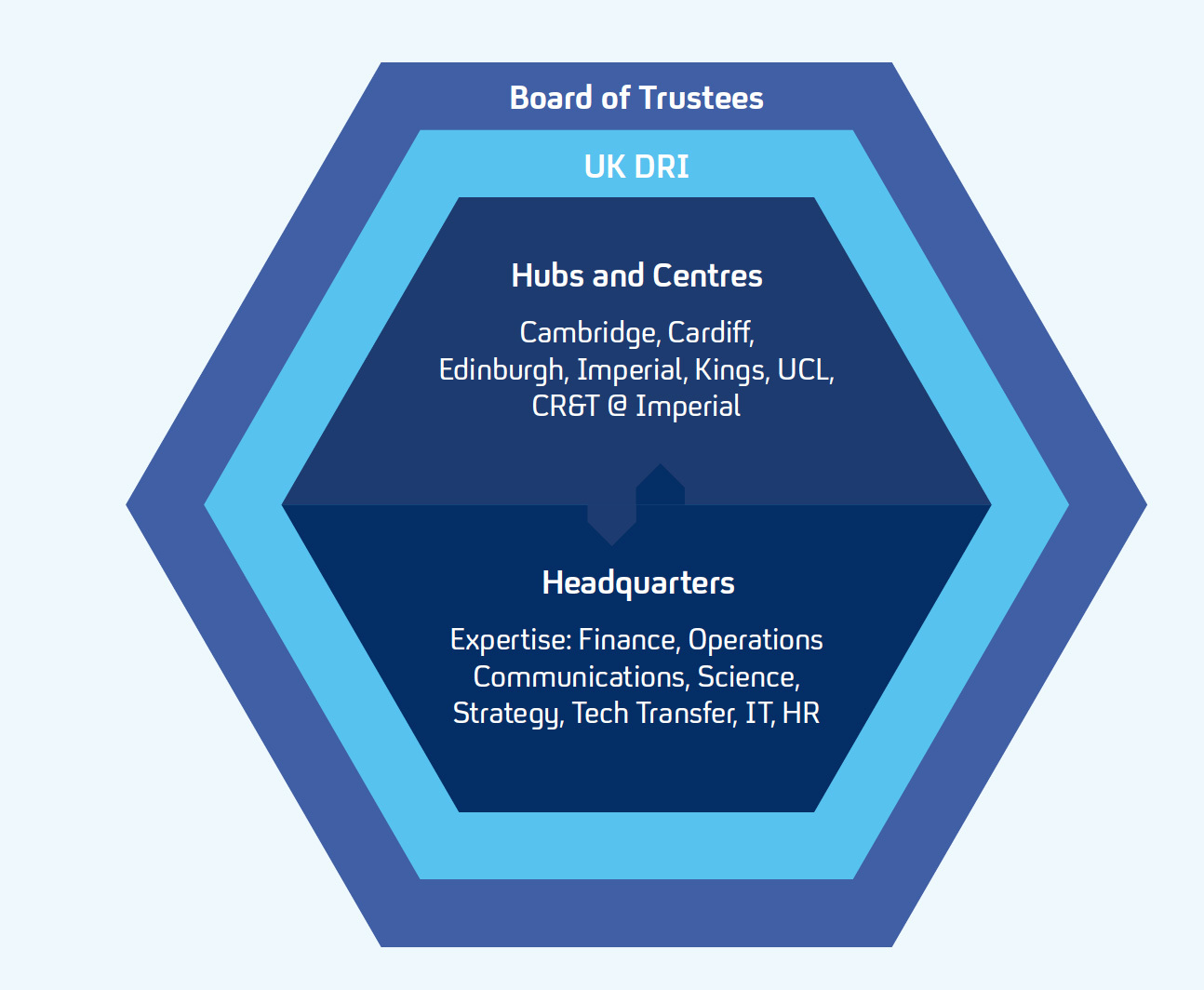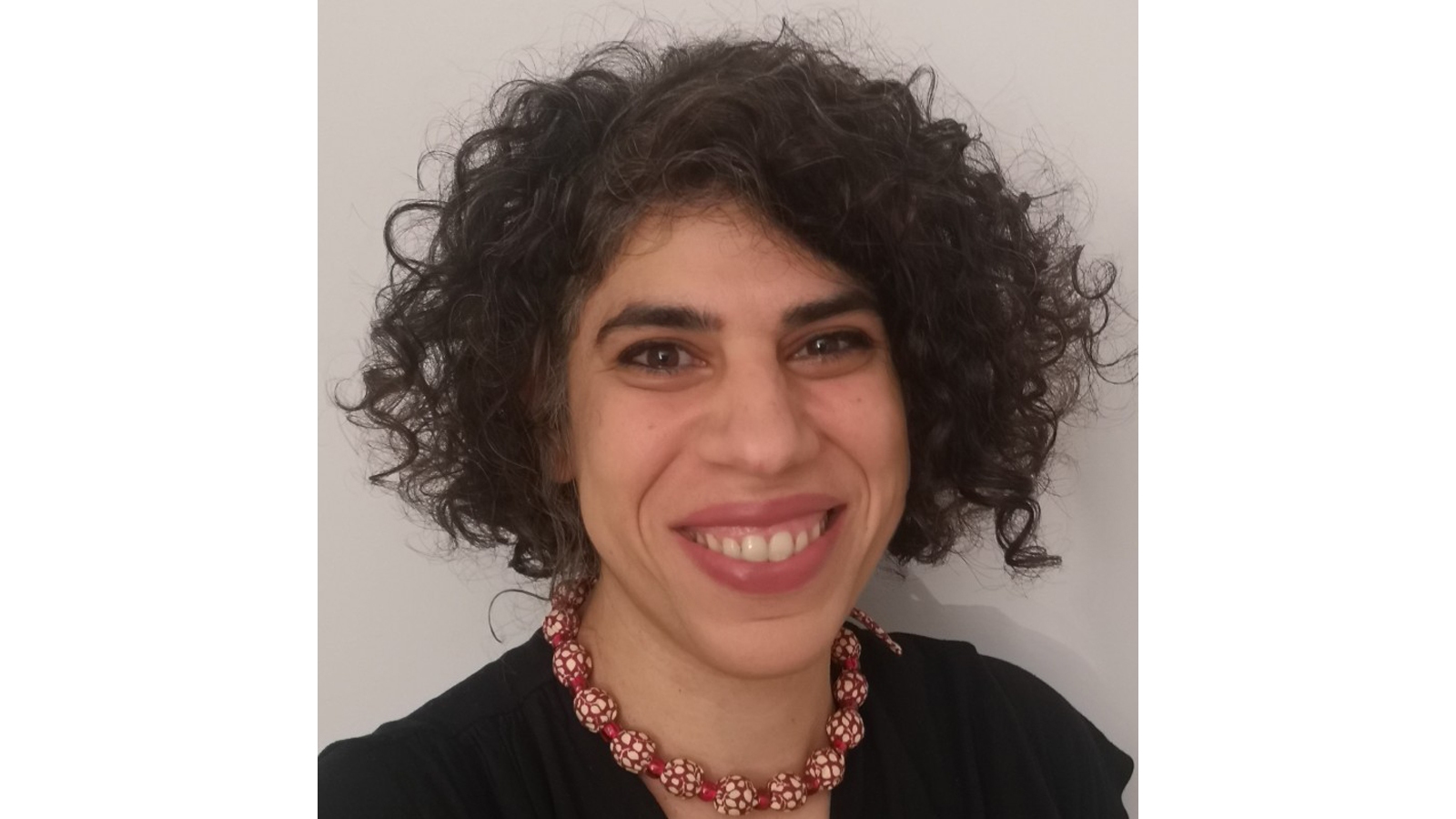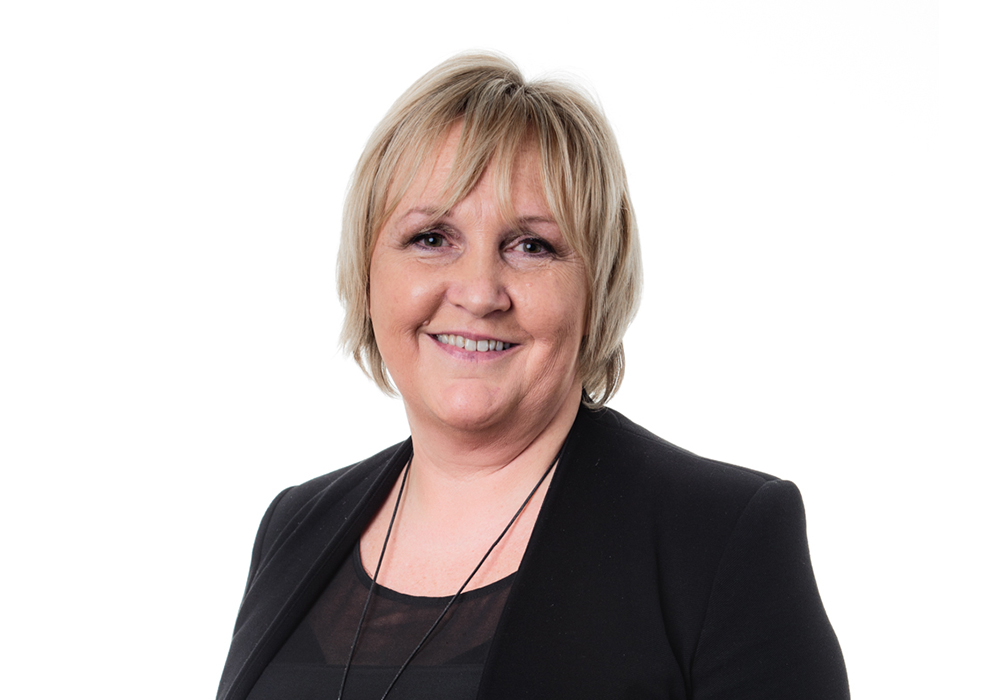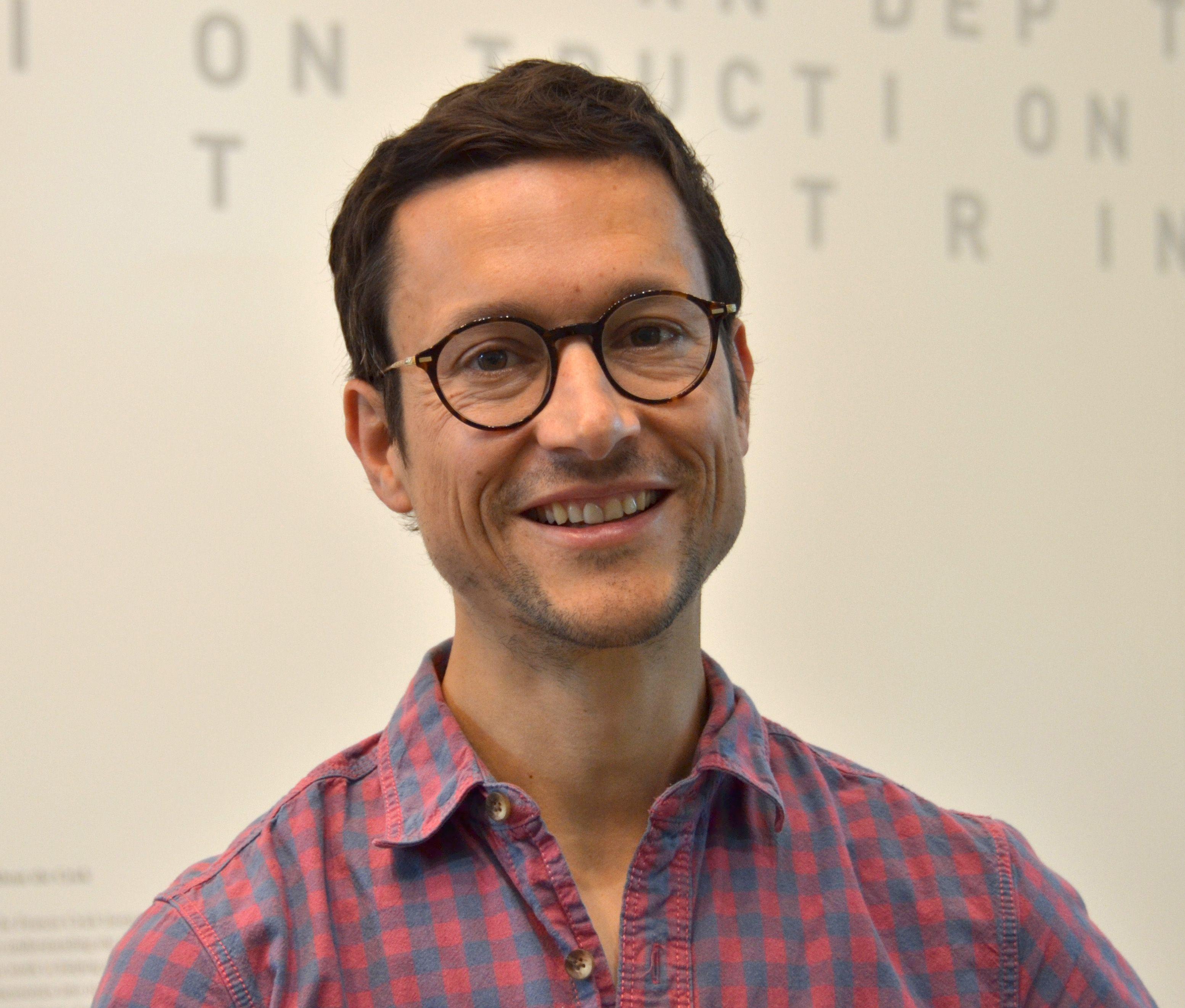The UK Dementia Research Institute (UK DRI) is governed by UK DRI Ltd (Company No. 11045257), which is established as a charitable company (Charity No. 1179589).
Board of Trustees
UK DRI is governed by a Board of Trustees, chaired by William Rucker.
The Board of Trustees meet quarterly and are responsible for the management of the institute’s activities.

Scientific Strategy and Operational board
The 'Scientific Strategy and Operational board' is responsible for managing the delivery of the UK DRI’s scientific objectives. Membership includes the UK DRI Director, UK DRI COO and UK DRI Centre Directors, who meet monthly. We bring together multidisciplinary expertise in dementia research, in programmes of work shaped and delivered through the team of directors. Our leadership work collaboratively to form the scientific strategy of the institute, and ensure it meets its ambitious goals, reporting to the UK DRI Board of Trustees chaired by William Rucker.









